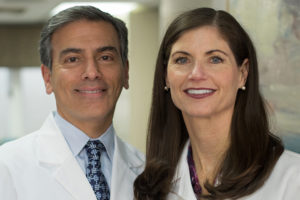
Being Well: Time to Return for Routine Dental Care
Written by Dr. Peter Patellis, Kennett Center for Advanced Dentistry
Your dentist missed you.

Written by Dr. Peter Patellis, Kennett Center for Advanced Dentistry
Your dentist missed you.

Written by Shannon Montgomery
Combine mindfulness and exercise in this new fitness trend

Written by Madison Meinel
Start the New Year off booze-free with the Dry January challenge

It’s the new normal. Best to be ready and stay healthy!

Written by Theresa Smith & Carlos Vila, SV Dental
It’s time to see your dentist. Be prepared for some changes.

Written by Dr. Glea H. Mazzuca
Stop and think about the simple steps to a healthy immune system.
County Lines is the premier Monthly Guide to the best of Southeastern Pennsylvania and Northern Delaware with engaging editorial, compelling design and loyal readership. And have been for over 48 years! We bring you the best of Chester County and Beyond.